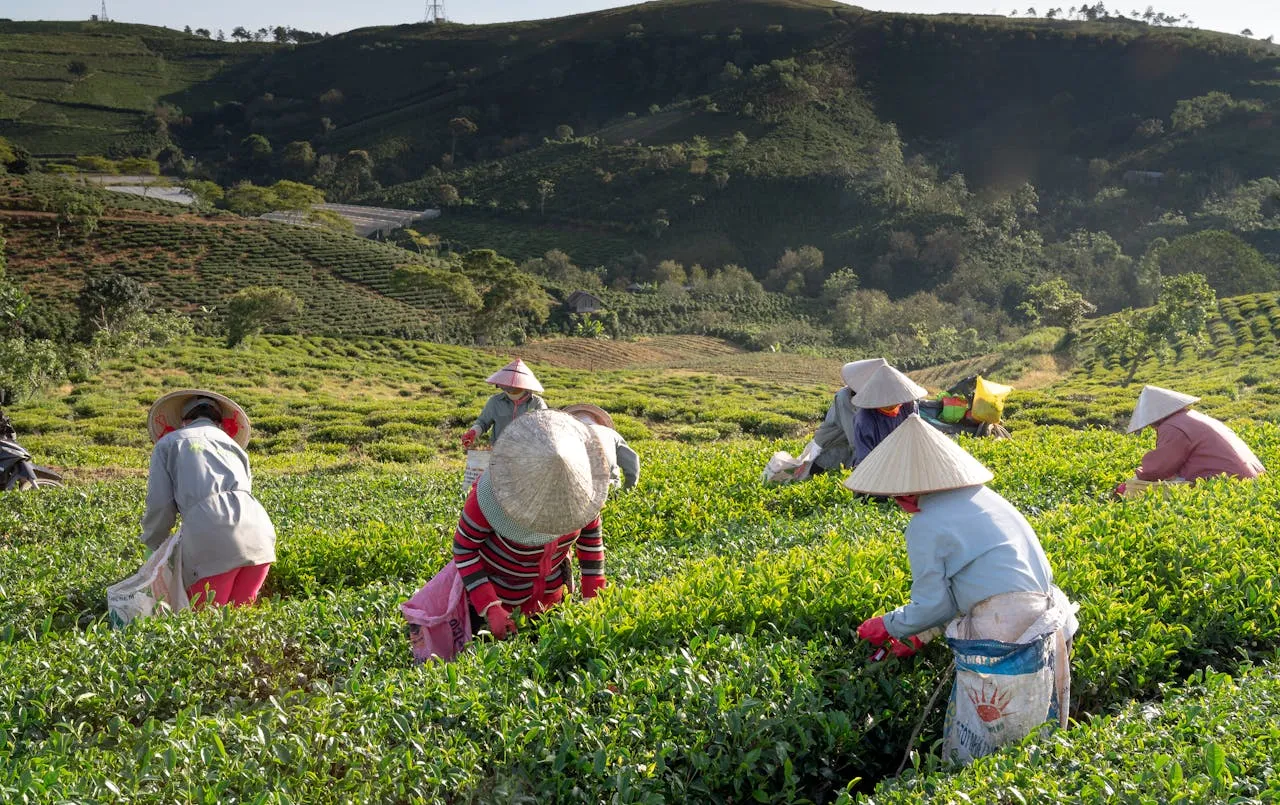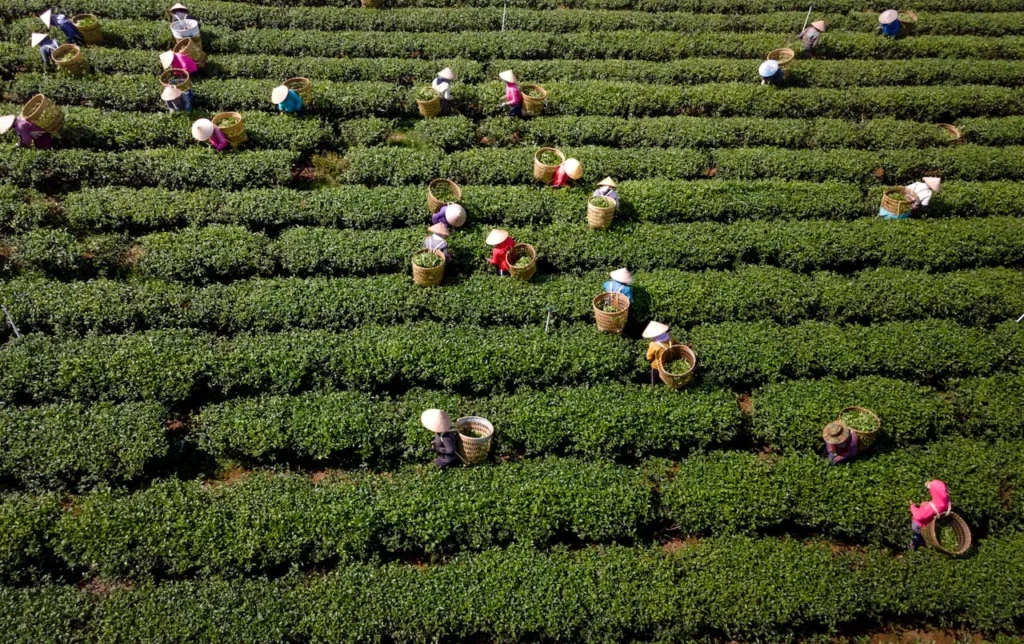
ADM, a global leader in sustainable and nature-based solutions, and Kellanova (NYSE: K)—a powerhouse in global snacking with brands such as Pringles®, Cheez-It®, and Pop-Tarts®—have announced the successful completion of a two-year collaboration aimed at advancing regenerative agriculture practices in the United States. The initiative, which concluded after the 2023 and 2024 crop years, represents a milestone in both companies’ shared commitment to supporting farmers, strengthening agricultural resilience, and safeguarding natural resources for future generations.
The program specifically focused on cotton production, working directly with over 180 farms that collectively cover approximately 120,000 acres across Alabama, Florida, and Georgia. Farmers were incentivized to adopt regenerative farming methods, including cover cropping and reduced tillage, which not only preserve soil health but also enhance biodiversity and water quality.
Driving Measurable Climate Impact
One of the most significant outcomes of the initiative was its measurable impact on reducing greenhouse gas (GHG) emissions and improving soil carbon storage. By optimizing fertilizer, fuel, and crop input use, farmers participating in the program achieved an estimated reduction of 16,000 metric tons of GHG emissions in 2024 alone. Furthermore, modeling showed that approximately 42,000 metric tons of carbon were sequestered in soils—an achievement comparable to removing more than 13,000 gasoline-powered vehicles from the road for an entire year.
The results also extended beyond emissions reductions. Farms participating in the program achieved an 85% score on the habitat potential index, demonstrating that their practices nearly maximized opportunities for biodiversity on their land. These outcomes highlight how regenerative agriculture not only supports environmental sustainability but also delivers tangible ecosystem benefits.
Corporate Perspectives on the Partnership
For ADM, this collaboration is part of a much larger global commitment. By 2024, the company had expanded its regenerative agriculture efforts to 5 million acres worldwide. John Grossmann, President of North America Oilseed Crush and Grain at ADM, emphasized the broader significance of this work:
“Around the globe, our regenerative agriculture efforts are supporting farmers’ livelihoods and legacies, enhancing the resilience of global supply chains, and creating business value for customers and ADM alike by meeting growing and evolving demand. We are excited to partner with a company that shares our commitment to build a more resilient future for our food system and meet customers’ demand for sustainably sourced products.”
Kellanova echoed this commitment, highlighting the direct link between farmer success and the company’s own long-term business resilience. Manuel Lopez-Portillo, Vice President – North America Supply Chain at Kellanova, explained:
“We know that our success as a company depends on the health of crops and the farmers who grow them—they are the foundations of the iconic foods we produce for people to enjoy. That’s why we work with expert partners like ADM on programs like this one in the Southeast U.S. to build sustainable value chains that improve the livelihoods of farmers and ensure the quality of our ingredients.”

Supporting Farmers and Strengthening Communities
Beyond environmental outcomes, the collaboration has also delivered important social and economic benefits. Of the 120,000 acres involved, approximately 15,000 are farmed by members of the National Black Growers Council (NBGC), an organization dedicated to advancing the efficiency, productivity, and sustainability of Black row crop farmers.
Kellanova has supported NBGC farmers since 2023 through its Eggo® brand as part of the company’s Better Days™ Promise—a commitment to advancing the well-being of people across its food value chain. By linking this cotton initiative with its broader sustainability agenda, Kellanova has reinforced its dedication to improving livelihoods while fostering agricultural resilience.
ADM’s Climate-Smart Manager, Emmanuel Bankston, plays a vital role in bridging the gap between corporate sustainability goals and on-the-ground farming realities. As both a program manager and a farmer, Bankston brings a unique perspective that resonates with growers.
“I understand farming challenges such as weather, input prices, and commodity prices, which helps me relate to growers,” Bankston explained. “I’m not speaking to them as someone trying to sell something. I’m speaking to them as a person who knows what may benefit their operation based on my experience.”
Bankston himself manages 400 acres in Headland County, Alabama, where he raises cattle using regenerative practices such as rotational grazing. His approach reflects the very principles the program promotes: building soil health, avoiding overuse of farmland, allowing fields time to rest, and planting cover crops that enrich soil with organic matter.
“It all boils down to healthy soil,” Bankston emphasized. “Whether you’re growing crops or grass for your cattle, soil is the driving force. Regenerative practices—giving the land time to recover, adding nutrients, building organic matter—are super important for long-term sustainability.”
Broader Implications for Agriculture
The ADM-Kellanova program is not an isolated effort but part of a growing movement across the food and agriculture industries to align climate goals with supply chain resilience. Regenerative agriculture has gained momentum worldwide as a practical solution for addressing multiple challenges at once: reducing emissions, improving biodiversity, conserving water, and ensuring food security in a changing climate.
For farmers in Alabama, Florida, and Georgia, these practices not only strengthen their land but also provide opportunities to improve profitability by reducing input costs and opening access to markets increasingly demanding sustainably produced raw materials. For companies like ADM and Kellanova, such initiatives create a more resilient supply chain, reduce climate-related risks, and help meet the sustainability expectations of investors, regulators, and consumers.




